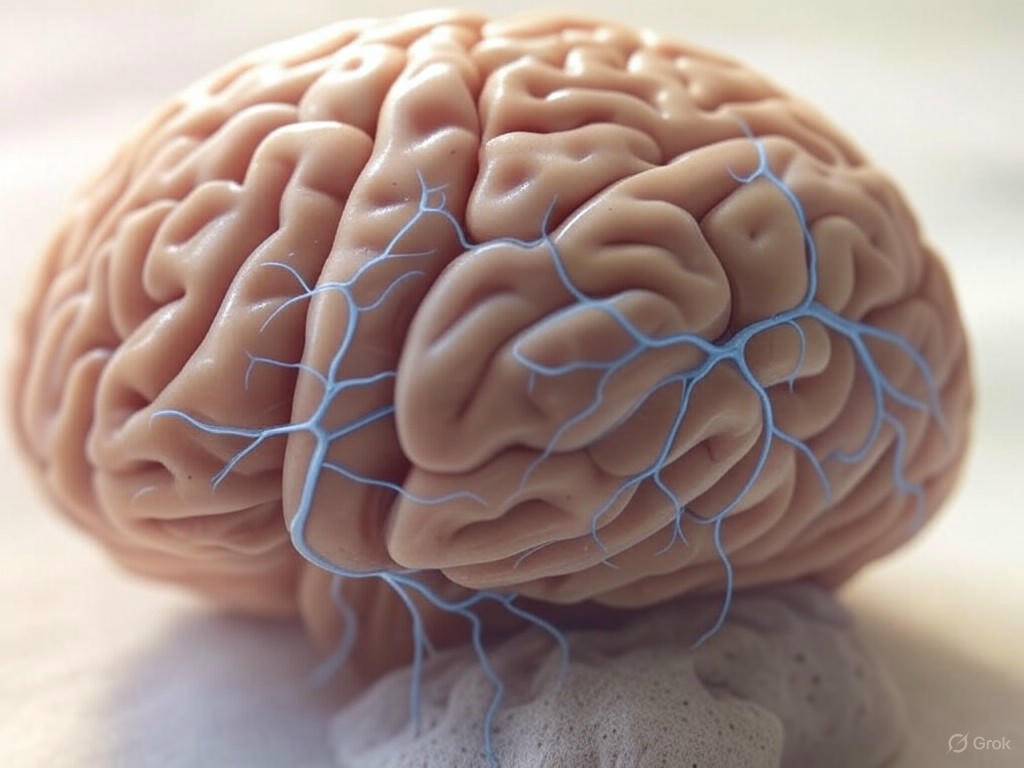Unlocking Memory: The Hidden Power of Brain Cells
The human brain, a marvel of nature, holds secrets to memory and cognition that scientists are only beginning to unravel. Recent research has spotlighted a lesser-known type of brain cell, called astrocytes, which may play a pivotal role in our ability to store and retrieve vast amounts of information. Long thought to be mere support cells for neurons—the brain’s primary information processors—astrocytes are now emerging as potential key players in the complex dance of memory formation.
Astrocytes, named for their star-like shape, have traditionally been seen as the brain’s maintenance crew, providing structural support and nourishment to neurons. However, a groundbreaking study suggests they do far more than that. Researchers have proposed a model where these cells actively participate in computational processes, working alongside neurons to strengthen connections between synapses—the tiny junctions where brain cells communicate. This collaboration could create intricate networks that enhance the brain’s capacity to encode and recall memories. Imagine astrocytes as the architects of a neural city, not just laying down roads but also directing traffic to ensure information flows smoothly and efficiently.
What makes this discovery so exciting is its potential to reshape our understanding of how the brain operates. If astrocytes are indeed integral to memory, they could hold the key to explaining why the human brain can store an estimated 2.5 petabytes of data—equivalent to millions of hours of high-definition video. This immense storage capacity has always puzzled scientists, as neurons alone seemed insufficient to account for such a feat. By coordinating with neurons, astrocytes might help form a more dynamic and robust memory system, allowing us to retain everything from childhood experiences to complex skills learned over a lifetime. Furthermore, this model opens up new avenues for research into brain disorders. Conditions like Alzheimer’s disease, which severely impair memory, could be linked to dysfunctions in astrocyte-neuron interactions, offering fresh targets for therapeutic interventions.
As science continues to explore this frontier, the implications are profound. Harnessing the power of astrocytes could lead to innovations in artificial intelligence, where mimicking the brain’s memory networks might create more efficient and adaptive systems. Additionally, understanding these cells could improve treatments for cognitive impairments, helping millions reclaim lost memories or prevent their decline. While much remains to be discovered, the idea that a once-overlooked cell could be central to our mental prowess is a testament to the brain’s endless complexity. The journey to fully comprehend how we remember is far from over, but with astrocytes in the spotlight, we are one step closer to unlocking the mysteries of the mind. This hidden power within our skulls reminds us that even the smallest components of life can hold the greatest potential for discovery.


